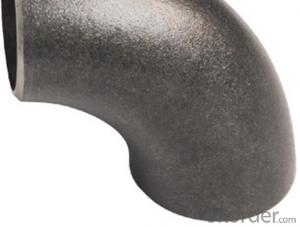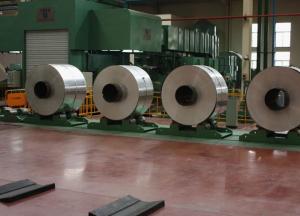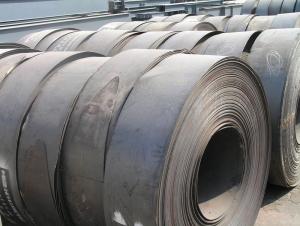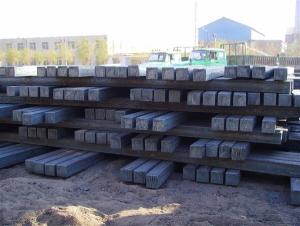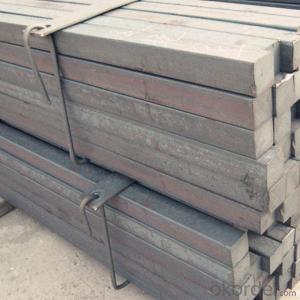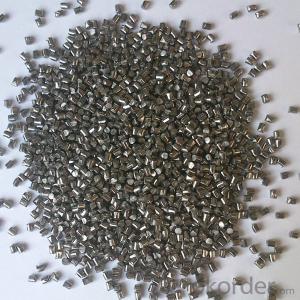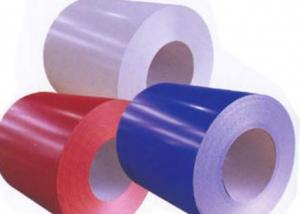Carbon steel pipe fittings elbow,with best quality
- Loading Port:
- Tianjin
- Payment Terms:
- TT OR LC
- Min Order Qty:
- 100 kg
- Supply Capability:
- 10000 kg/month
OKorder Service Pledge
OKorder Financial Service
You Might Also Like
Carbon steel pipe fittings elbow ,with best quality
Std:ASME B16.9
Materials: SS,CS,AS
Size: 1/2''-72''
Cert.: API,ISO,CE,BV
Product | 90 degree elbow |
Size range | 1/2"-24" are made by seamless pipes, above up to 72" are made by welded pipes |
Thickness | SCH20 SCH40 STD SCH60 SCHXS SCH80 SCH160 SCHXXS etc are available |
Angle&Radius | 90 degree, r=1.5d (long radius) |
Standards | ASTMA234,ASTM A420,ANSI B16.9/B16.28/B16.25,ASME B16.9, |
Materials | stainless steel/carbon steel/aloy steel |
Connection | BW,SW,TH |
Surface | Stainless steel elbow:Polishing, Sand-blasting Carbon/Alloy steel elbow: Black painting,varnish paint, anti rust oil, hot galvanized, cold galvanized, 3PE,etc. |
Application | Petroleum, chemical, power, gas, metallurgy, shipbuilding, construction, etc |
Package | Plastic film, wooden cases ,wooden pallet, or according to customers' request |
Certificate | API, and ISO9001:2000 Certificates,CE,BV, etc. |
Capacity | 50000tons/year |
Advantages | 1.Reasonable price with excellent quality |
Port of loading | Xingang (Tianjin) port |
Payment Terms | 30% down payment, the balance 70% T/T before the shipment Or L/C at sight. |
Delivery Time | 7-30 days, according to the order quantity |
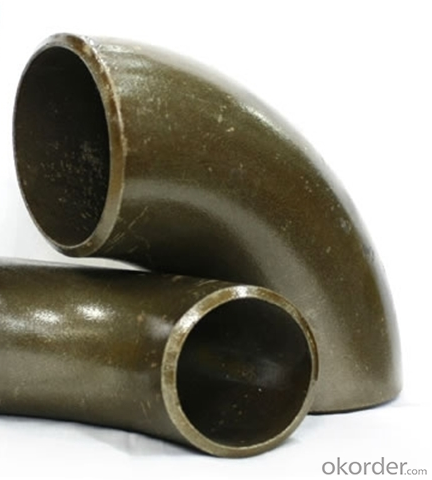
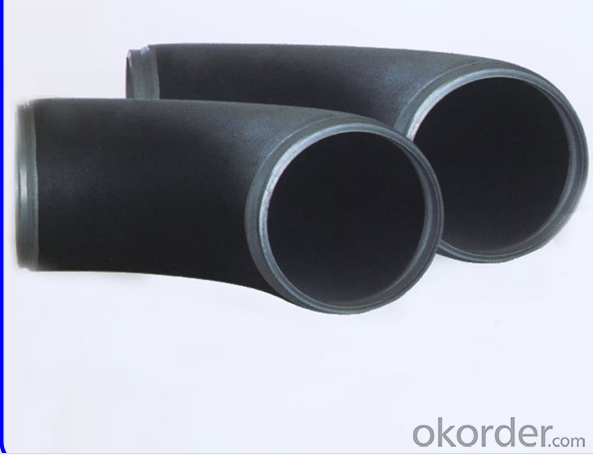
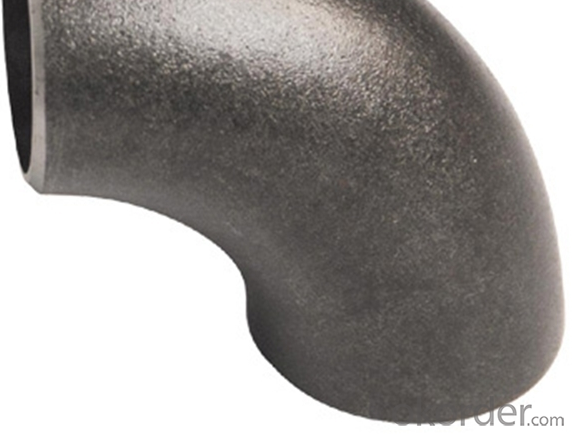
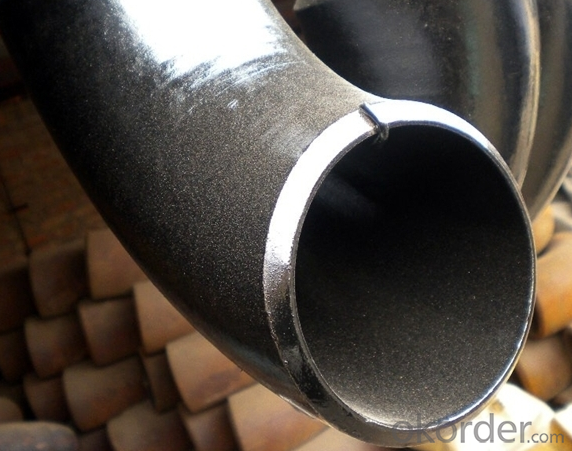
CNBM International Corporation (CNBM International) is the most important trading platform of CNBM Group Corporation, a state-owned company under the direct supervision of State-owned Assets Supervision and Administration Commission of the State Council.
CNBM International is highly recognized by its business partners and clients all over the world and has obtained rapid development under the spirit of win-win. We will carry on the mutual beneficial, innovative and revolutionary trading structure as we did before, create value for our employees, share holders and clients and benefit the whole society in our future development.
- Q:How is steel tubing used in the manufacturing of hydraulic cylinders?
- Steel tubing is commonly used in the manufacturing of hydraulic cylinders due to its high strength and durability. It provides a reliable and rigid structure to hold the hydraulic fluid and withstand the intense pressure and forces involved in hydraulic systems. The seamless construction of steel tubing ensures smooth fluid flow and minimizes the risk of leakage, making it an ideal choice for hydraulic cylinder applications.
- Q:How is steel coil produced?
- Steel coil is produced through a process called hot rolling, where a slab of heated steel is passed through a series of rollers to reduce its thickness and shape it into a long, coiled strip. This strip is then cooled and processed further to achieve the desired quality and specifications before being cut into individual coils for various industrial applications.
- Q:What are the applications of steel in the petrochemical industry?
- Steel is widely used in the petrochemical industry due to its excellent properties such as high strength, corrosion resistance, and durability. It is used in various applications such as pipelines, storage tanks, and equipment for processing and refining petrochemicals. Steel pipelines transport oil, gas, and other petrochemical products over long distances, while storage tanks made of steel safely store these substances. Additionally, steel equipment used in the petrochemical industry, such as heat exchangers and reactors, are crucial for efficient and safe processing of petrochemicals. Overall, steel plays a vital role in ensuring the reliability and safety of petrochemical operations.
- Q:What are the advantages of using steel in the construction of airports?
- There are several advantages of using steel in the construction of airports. Firstly, steel is a highly durable and strong material, capable of withstanding heavy loads and extreme weather conditions. This makes steel structures resilient and long-lasting, ensuring the safety and longevity of airport buildings. Secondly, steel is a versatile material that allows for flexible and efficient designs. It can be easily fabricated and customized to meet the specific needs and requirements of airport structures, such as large open spaces, wide spans, and complex geometries. This flexibility in design allows for efficient construction processes and reduced construction time. Additionally, steel is a sustainable choice for airport construction. It is a recyclable material, meaning it can be reused or repurposed at the end of its life cycle, reducing the environmental impact. Moreover, steel structures can be prefabricated off-site, resulting in less waste and disruption during construction. Furthermore, steel offers cost advantages in many cases. Although the initial cost of steel construction may be higher compared to other materials, its durability, low maintenance requirements, and ease of modification in the future can result in significant long-term cost savings. Overall, the advantages of using steel in airport construction include its durability, versatility, sustainability, and cost-effectiveness, making it an ideal choice for creating safe, efficient, and visually appealing airport structures.
- Q:What are the different types of steel sheets and their uses in the automotive industry?
- There are various types of steel sheets used in the automotive industry, including cold-rolled, hot-rolled, galvanized, and advanced high-strength steel (AHSS). Cold-rolled steel sheets are often used for body panels and other visible parts due to their smooth surface finish and high dimensional accuracy. Hot-rolled steel sheets are commonly used for structural components, such as chassis and frames, as they offer excellent strength and durability. Galvanized steel sheets, which are coated with a layer of zinc, provide corrosion resistance and are commonly used for underbody parts and other areas exposed to harsh conditions. Advanced high-strength steel sheets are specifically designed for enhanced strength and reduced weight. They are used in critical safety components, such as door beams and crash structures, to improve occupant protection while maintaining fuel efficiency.
- Q:What are the different types of steel stair treads and nosings?
- There are several types of steel stair treads and nosings available, including diamond plate treads, serrated treads, perforated treads, and abrasive nosings. Each type offers specific benefits such as slip resistance, durability, and ease of maintenance, catering to various safety and aesthetic requirements in different environments.
- Q:What are the different types of steel products used in the manufacturing of musical instruments?
- There are various types of steel products used in the manufacturing of musical instruments, including stainless steel for strings, steel alloys for instrument bodies, and steel springs for mechanical components such as keys and pedals.
- Q:What are the different surface finishes available in steel products?
- Some of the different surface finishes available in steel products include mill finish, hot-rolled finish, cold-rolled finish, galvanized finish, and brushed finish.
- Q:What are the different types of steel fasteners and their uses in machinery?
- There are several types of steel fasteners used in machinery, including bolts, screws, nuts, washers, and rivets. Bolts are used to hold two or more objects together with the help of a nut and are commonly used in heavy machinery. Screws are similar to bolts but have a threaded shaft and are used to secure objects together without the need for a nut. Nuts are utilized to secure bolts and screws in place, providing a strong and secure connection. Washers are thin metal discs used under nuts or bolts to distribute the load and prevent damage to the surface. Lastly, rivets are permanent fasteners used to join two pieces of metal together by deforming the end of the rivet to create a strong connection. Each type of steel fastener has its own specific use in machinery, ensuring stability, strength, and reliability in various applications.
- Q:What are the different types of steel wires and their applications?
- There are several types of steel wires available, each with its own unique properties and applications. Some common types include carbon steel wire, stainless steel wire, and galvanized steel wire. Carbon steel wire is versatile and used in a wide range of applications such as electrical wiring, fencing, and construction. Stainless steel wire is corrosion-resistant and often used in industries like automotive, aerospace, and medical devices. Galvanized steel wire, coated with a layer of zinc, is commonly used for applications that require strength and durability, such as wire rope, reinforcement in concrete structures, and agricultural fencing.
1. Manufacturer Overview |
|
|---|---|
| Location | |
| Year Established | |
| Annual Output Value | |
| Main Markets | |
| Company Certifications | |
2. Manufacturer Certificates |
|
|---|---|
| a) Certification Name | |
| Range | |
| Reference | |
| Validity Period | |
3. Manufacturer Capability |
|
|---|---|
| a)Trade Capacity | |
| Nearest Port | |
| Export Percentage | |
| No.of Employees in Trade Department | |
| Language Spoken: | |
| b)Factory Information | |
| Factory Size: | |
| No. of Production Lines | |
| Contract Manufacturing | |
| Product Price Range | |
Send your message to us
Carbon steel pipe fittings elbow,with best quality
- Loading Port:
- Tianjin
- Payment Terms:
- TT OR LC
- Min Order Qty:
- 100 kg
- Supply Capability:
- 10000 kg/month
OKorder Service Pledge
OKorder Financial Service
Similar products
New products
Hot products
Related keywords
